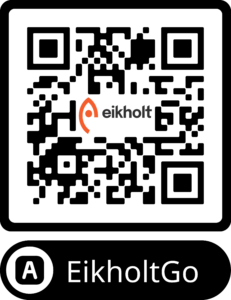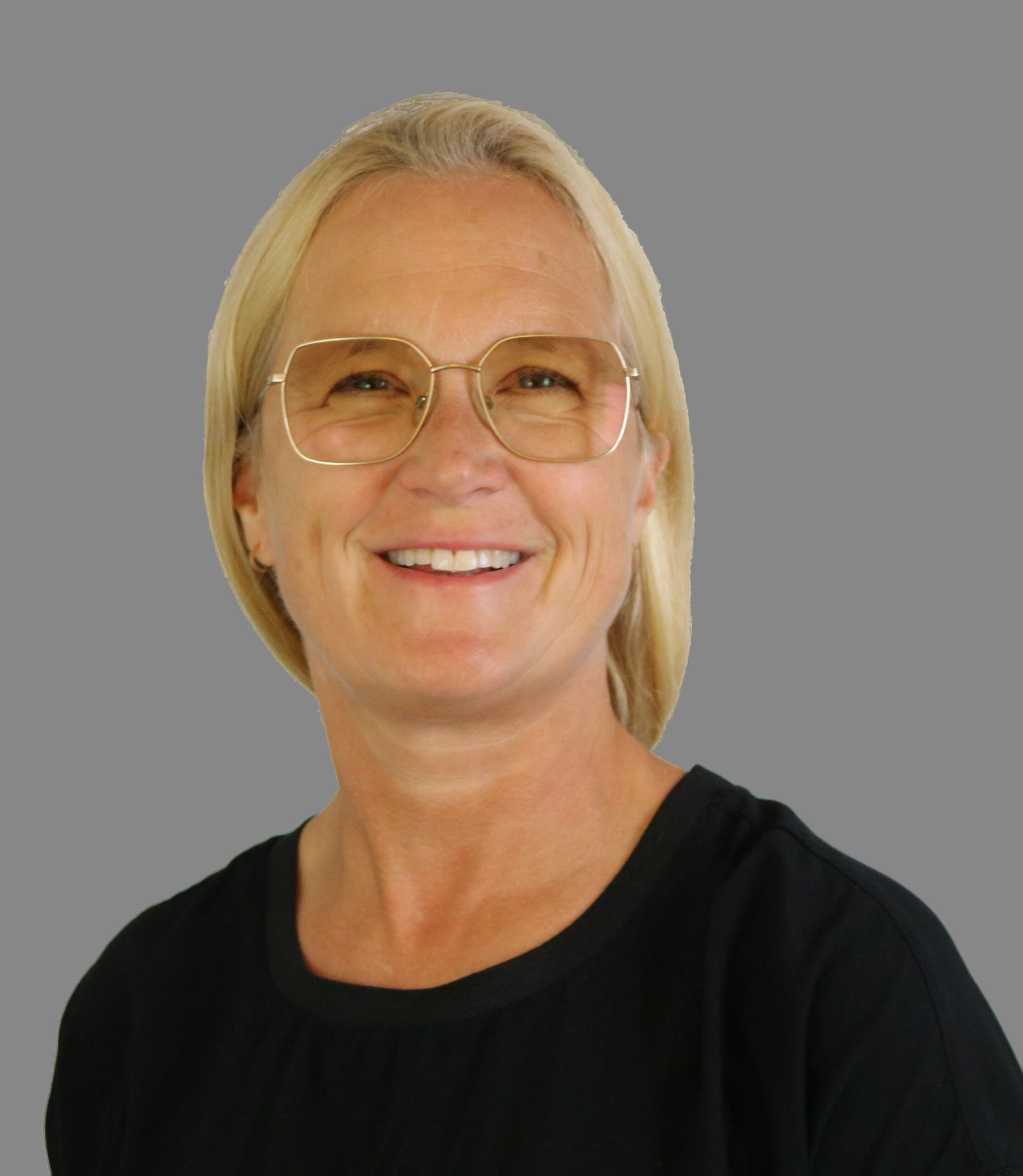Interpreting student and practice experiences at Eikholt
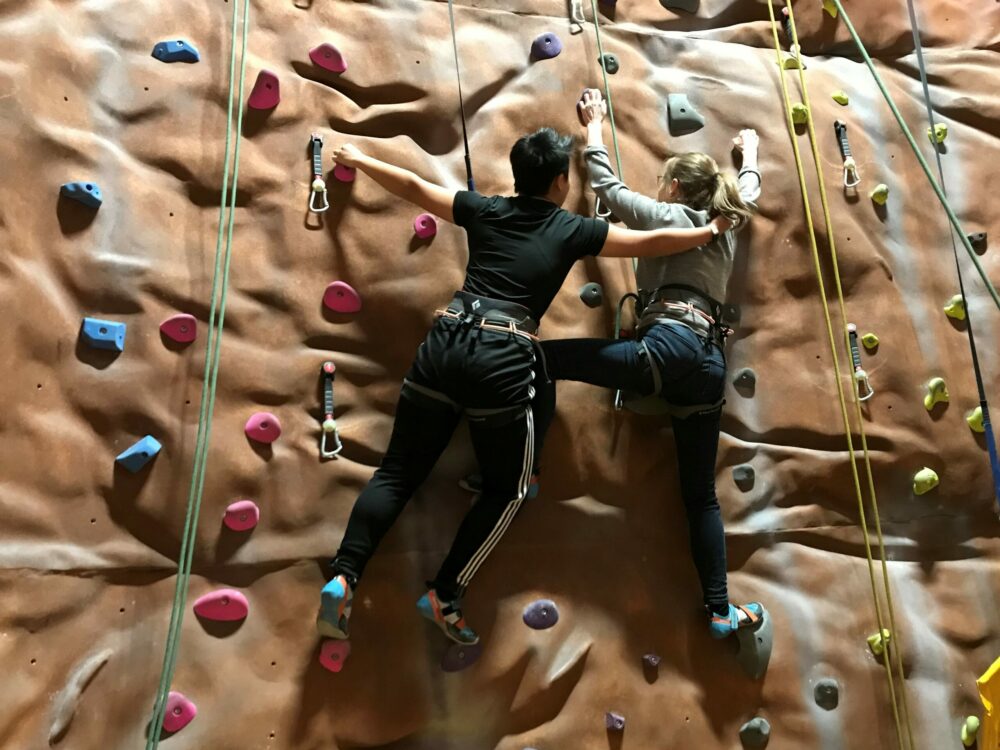
Introduction
Martine Jevne is 23 years old and has studied sign language and interpreting at OsloMet. She has always had an interest in language and a dream of learning sign language, which led her to study interpreting and is now employed as an interpreter at NAV Interpretation Service Vest-Viken. Here she talks about her internship experiences at Eikholt.
The coincidence that changes everything
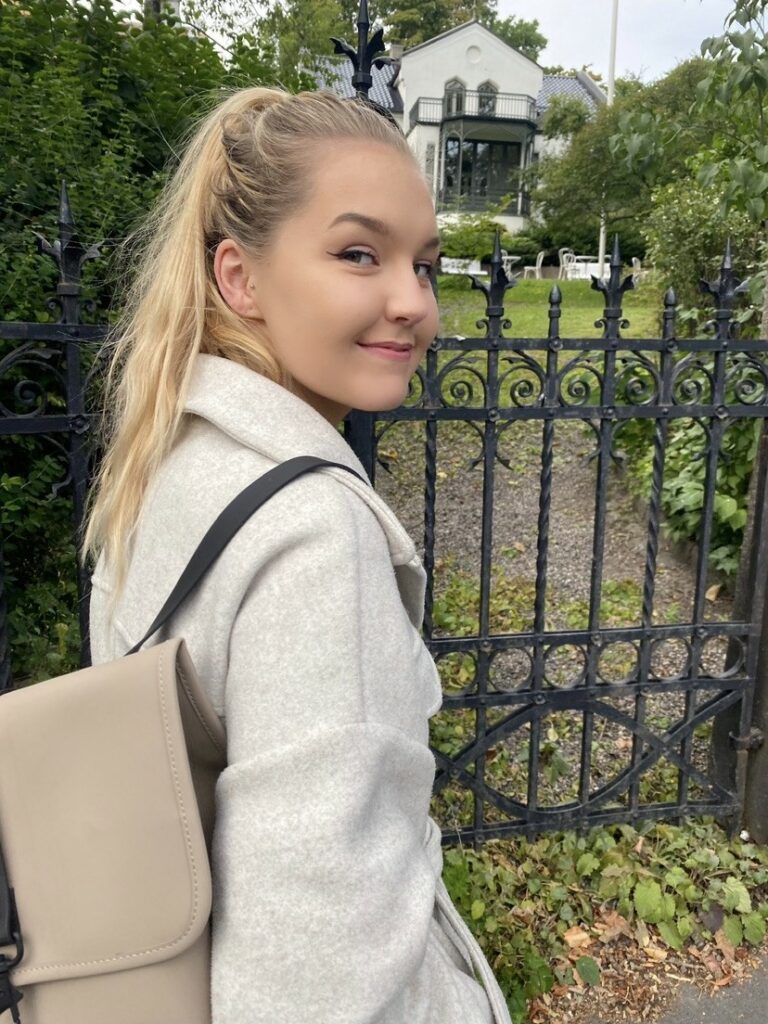
- - "It was by chance that I started the programme," she says. "I'd always wanted to learn sign language, it was on my bucket list. I was watching a video in my Instagram feed and thought, 'Hm...I wonder how to learn sign language.' I googled it and discovered that you can study it.
- When it came to applying for a degree programme, she discovered that it suited her perfectly.
Norwegian sign language challenges you
Norwegian sign language is visual and requires the use of the whole body, which was unfamiliar at first. "I remember the first lessons, we had to use hands, body and facial expressions. It's a complex, complex language, built up in its own way," she explains.
Internship as an interpreter at Eikholt
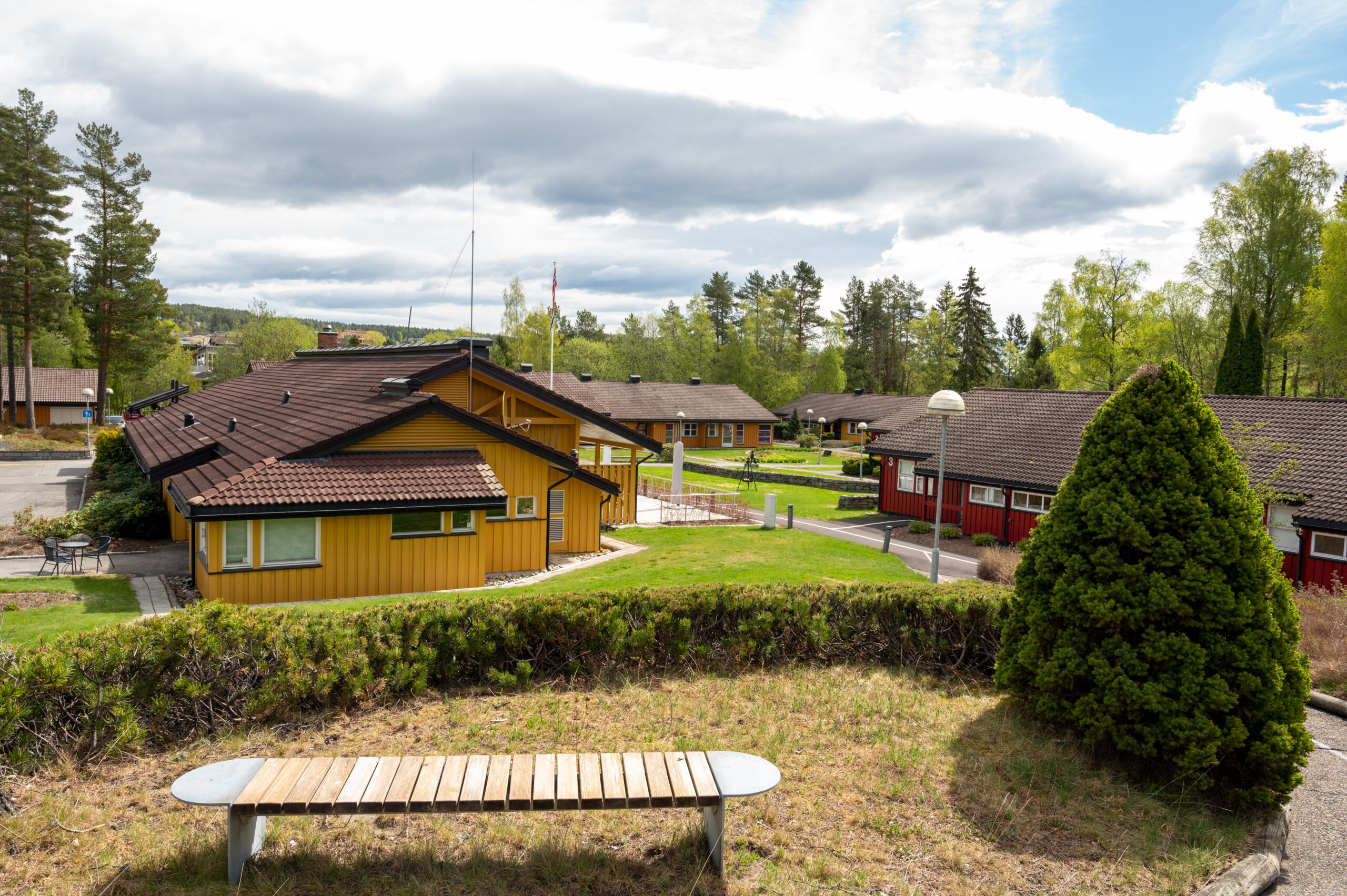
When it came to practice on Eikholt"I'd never tried to interpret/lead for others in that way. I hardly knew what it was all about," she says. She had only met people with combined sensory loss during her studies and had no previous experience.
The internship was intense and varied - I felt I got a crash course in interpreting/escorting. I interpreted for one person from breakfast to lunch, then a break, then another person in the afternoon/evening. It was long days," she says. She interpreted for people of different ages with different types of sensory impairment and interpretation methods, including sign language in a limited field of vision, haptic communication, speech interpretation and description.
Must adapt to the people we interpret for
During her practice, Martine adapted to the people she interpreted for. -"When we got to Eikholt, we had the opportunity to ask them: 'Do you want me to meet you in the breakfast room, what do you want, what's best for you?'
She reflects further: "I'm left with more peace of mind after the internship, I was so nervous and found it so scary to be so close to people. I learnt a lot and became much more confident in myself. I've got a different impression - I realise that it's not scary. Most things can be solved by asking, failing and daring to try again. For me, the internship was a learning experience.
An interpreter must always be prepared for changes
The internship gave her insight into the range of interpreting situations: "For example, at dinner - some participants are talking together and I'm just doing haptic signalling. Then another person comes along and the communication doesn't work as well, so I have to switch over to sign language. All these changes. Going to a room with poor lighting - the field of vision doesn't work as well, as an interpreter I have to constantly make small changes," she explains.
She emphasises the importance of practice: "We are completely dependent on practice, it gives us the opportunity to use what you learn, such as these small variations, is not something you learn in theory. Meeting several people together is invaluable.
Interpreter - not an A4 profession
Martine also points out that you have to like people first and foremost: "We students are different, just as different as everyone who uses an interpreter/companion. After my internship at Eikholt, I realised that there's an interpreter for everyone, it's good that we're different.
- As an interpreter, you have to love rewiring your brain, absolutely. You have to be solution-orientated, trust yourself and be open to suggestions from others. It's not an A4 profession, you're involved in absolutely everything, which makes it exciting and unique. You're involved in the whole day, everything that a day entails.
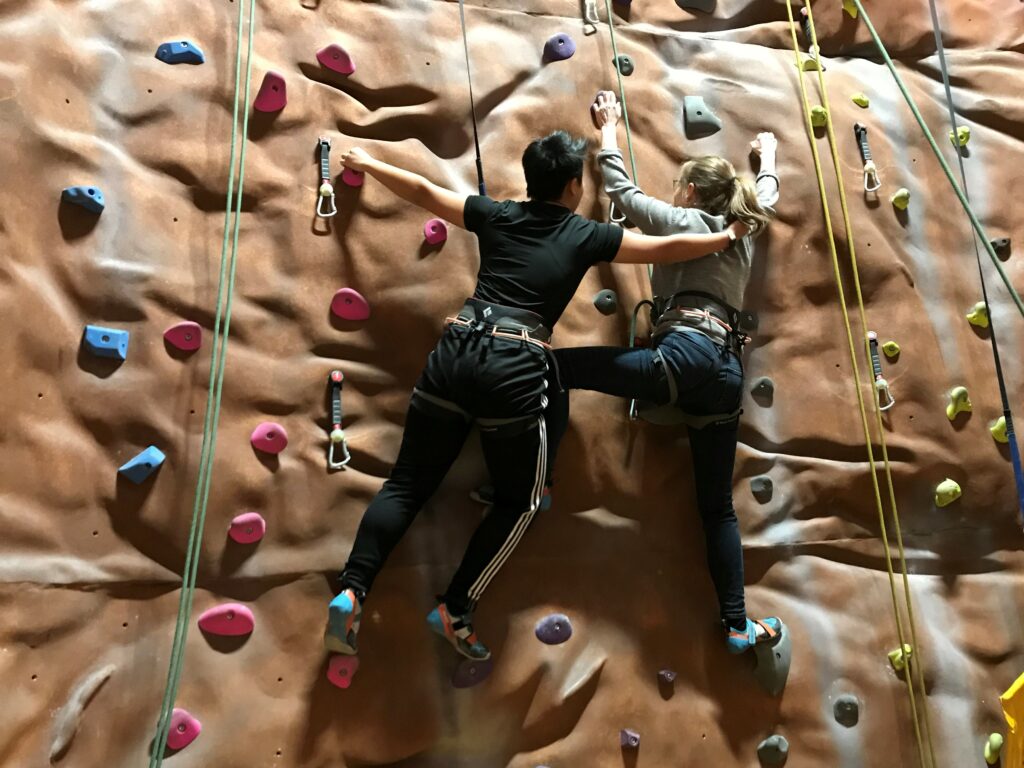
Dreams of the future
She dreams of the future, but her main focus is on finishing her studies. "There are so many things I'd like to do, but I haven't settled on anything yet. Being an interpreter/companion for someone with sight loss is something I would have said I didn't want to do six months ago, but after my internship at Eikholt I find it really exciting.
She concludes by saying: "What I like about being an interpreter soon is that I get to do more of what I like. You have to be confident, and you should be steady in yourself. I enjoyed meeting so many different people to interpret for.
This article gives an insight into the journey of a dedicated student following her dream of becoming an interpreter, and the challenges and learnings she encounters along the way. Martine is now a fully qualified interpreter and works at NAV Vest-Viken.
Read more:
Read also about Dina Venn Iversen's experience in practice at Eikholt
Here you can find more information om Eikholt
Here you can see Eikholt's facilities
Here you can read about Eikholt's services
Here you can read more about Communication methods for people with combined visual and hearing impairment.
If you have any questions about internships as an interpreting student, please contact Cathrine Timm-Sundin.
Interested in more information about Eikholt?
Download the app Info Screen Go in the App Store or Google Play.
Use the code Eikholt80
